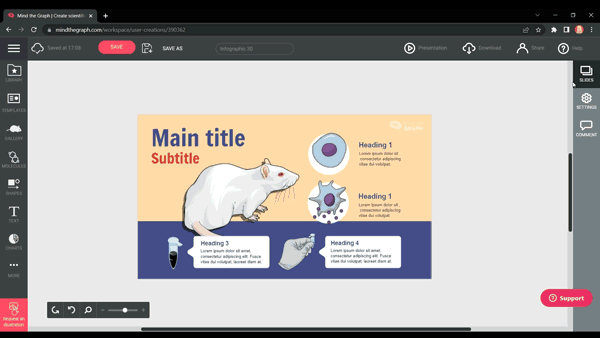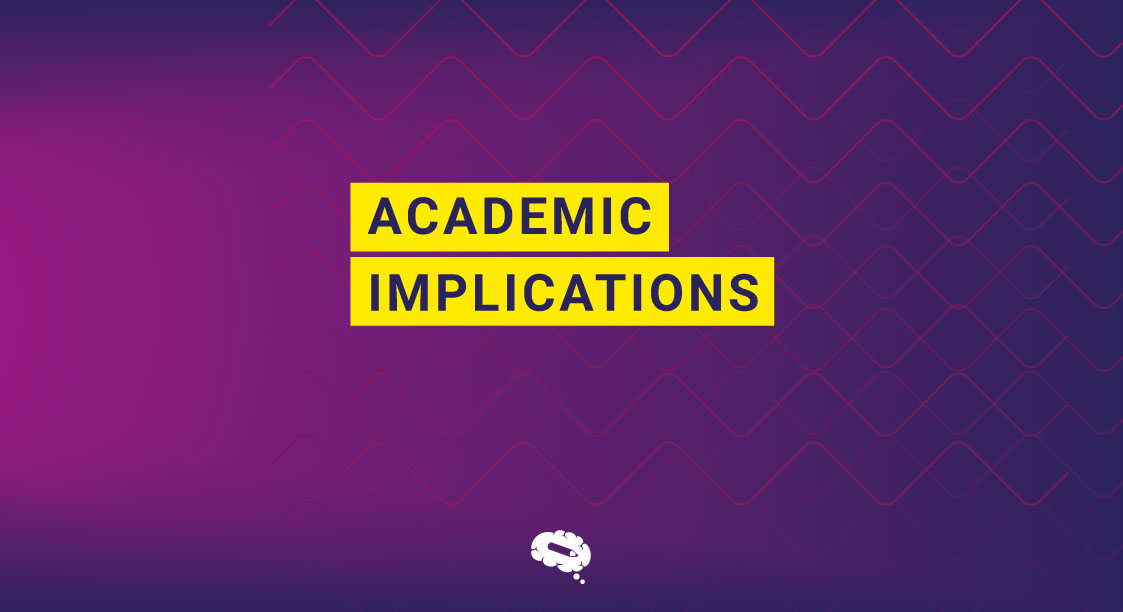If you intend to write a research paper, you should be aware that you must provide a background story that will lead to the rationale behind the research, providing context and assisting in the formulation of the issue statement, aiming to leave no doubt about your work, demonstrating its relevance and importance, and stating all possible methodological questions.
However, it is not uncommon for researchers to lose momentum at the end and struggle to find the correct conclusion for their research. Despite the fact that the discussion properly explains the findings, connects them to the issues raised in the introduction, and investigates them in the context of past research, something may appear to be lacking. This frequently leads to the conclusion of a research that is similar to one that has already been expressed.
This results in a lack of academic implications when readers or reviewers fail to recognize the significance of your research. To avoid this, continue reading this article to learn more about the academic implications.
What are the academic implications?
Implications are the consequences of your research; you must describe exactly why you assume your actual results are relevant and/or might be employed in future research. Most importantly, your implications must be supported by evidence.
These implications must be based on the details and outcomes of your research, and any limitations of your approach or sample should be recognized in order to avoid gross generalization.
Depending on the type of research you perform, the implications of your findings can be clinical, philosophical, political, social, or ethical. It is crucial to understand that the most essential distinction is between practical implications, theoretical implications and implications for future research.
Practical Implications
The term “practical” literally means “real outcomes.” The reality that would occur if certain circumstances were met is referred to as practical implication. Determining the practical implications of several solutions can aid in determining which ones deliver the intended results.
For example, when doing clinical research, these outcomes are more likely to be practical. Assume you’re doing a trial for a medicine that treats infection without generating organism resistance; the consequences in this situation are that illnesses can be treated more promptly than in the past.
Theoretical Implications
In contrast, the theoretical implication is a newly discovered addition(s) to current theories or establishing elements for new theories. Theory’s role in research is to propose fascinating and potentially promising subjects to focus on.
The ability or possibility of research to affect society in apparent ways is characterized by theoretical implications. For example, research on human relationships and how COVID affects them can theorize that humans are less likely to interact now they’ve been through COVID.
However, be cautious not to extrapolate your sampling or data to the broader population unless you have compelling reasons for it.
Implications that require future research
If you discover that your findings do not result in social reforms, innovative pedagogical policies or medical changes, they may have vital implications for future research projects.
This implies that if you discover anything that may have an impact on other research, you should discuss the implications. Just be careful not to mistake an implication as a recommendation.
Implications vs. Recommendations
In a research paper, an implication is a conclusion that can be deduced from the research findings and the significance of these findings; this does not immediately imply that you think your findings will change everything by tomorrow, but that you have reason to expect they could have an impact in a particular way.
Recommendations, on the other hand, are precise ideas based on your findings about the best way to proceed in a certain scenario. For example, if you discovered a better approach to deal with a certain type of data (that may be utilized in other topics), you would recommend they discard the previous method.
Simply defined, an implication is an implicit conclusion of your research, whereas a recommendation is what you recommend based on the facts.
Start creating infographics and scientific illustrations
Create infographics and illustrations to help you make the most of your research. Articles with visual assets are simpler to grasp since readers may pick up on the content by visualizing assets, and therefore they are more likely to be downloaded. Mind The Graph tool makes it easy for you, to search through a huge number of templates to select one that is appropriate for your work.


Subscribe to our newsletter
Exclusive high quality content about effective visual
communication in science.




